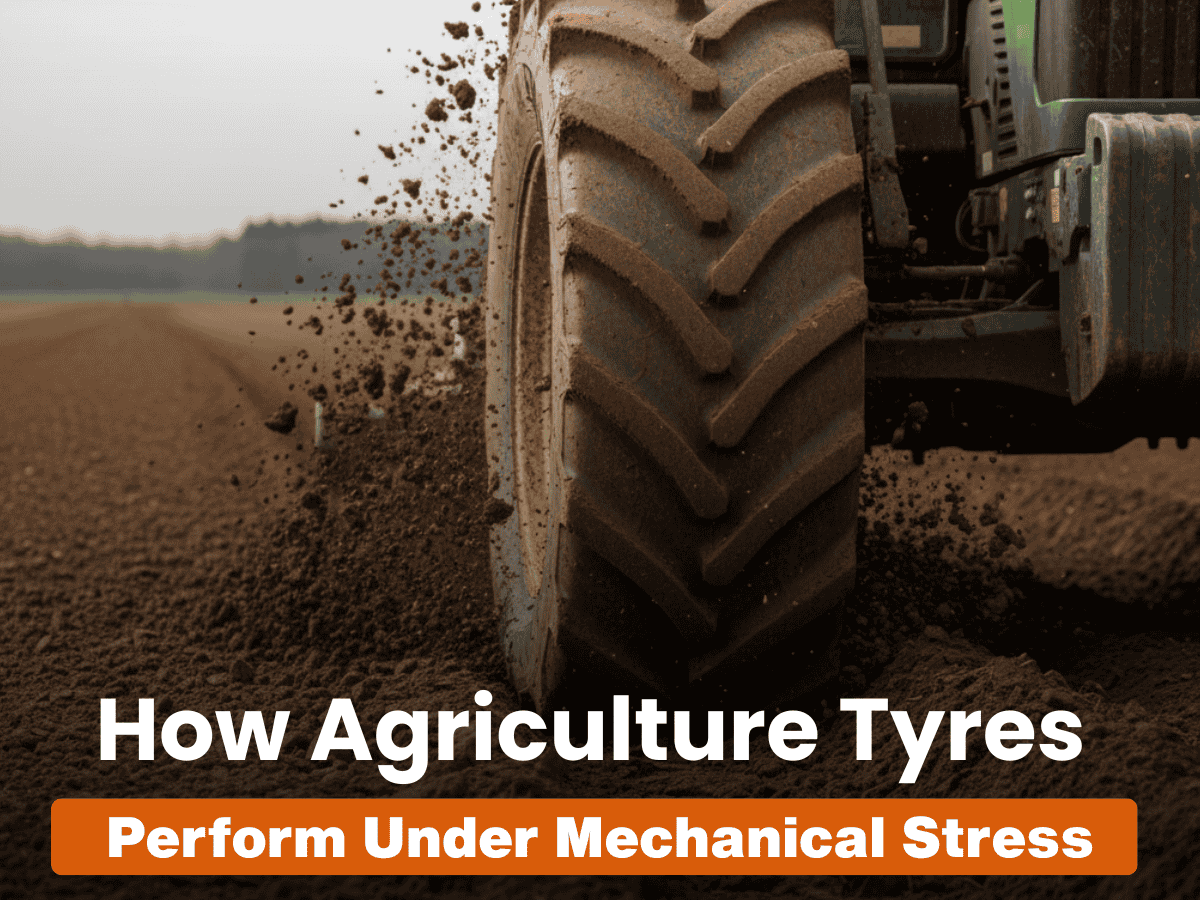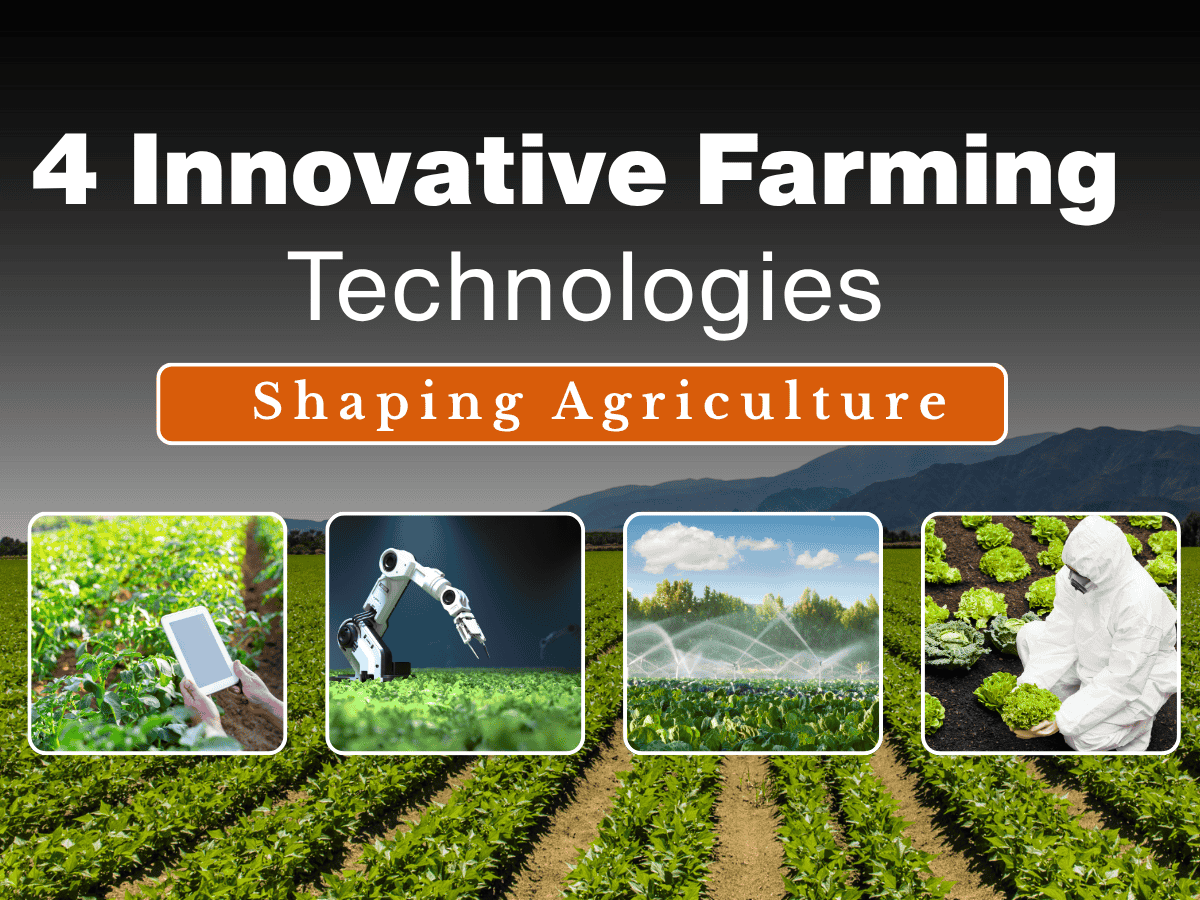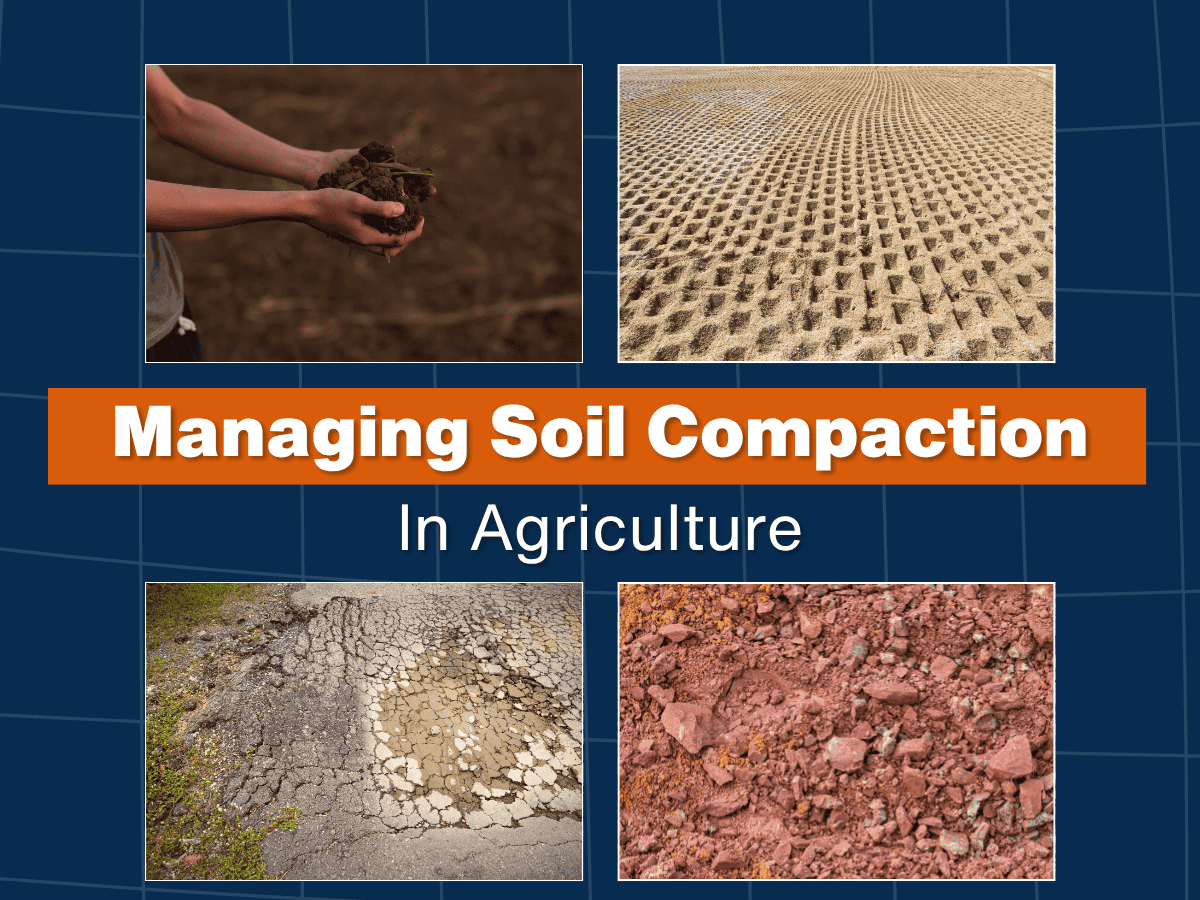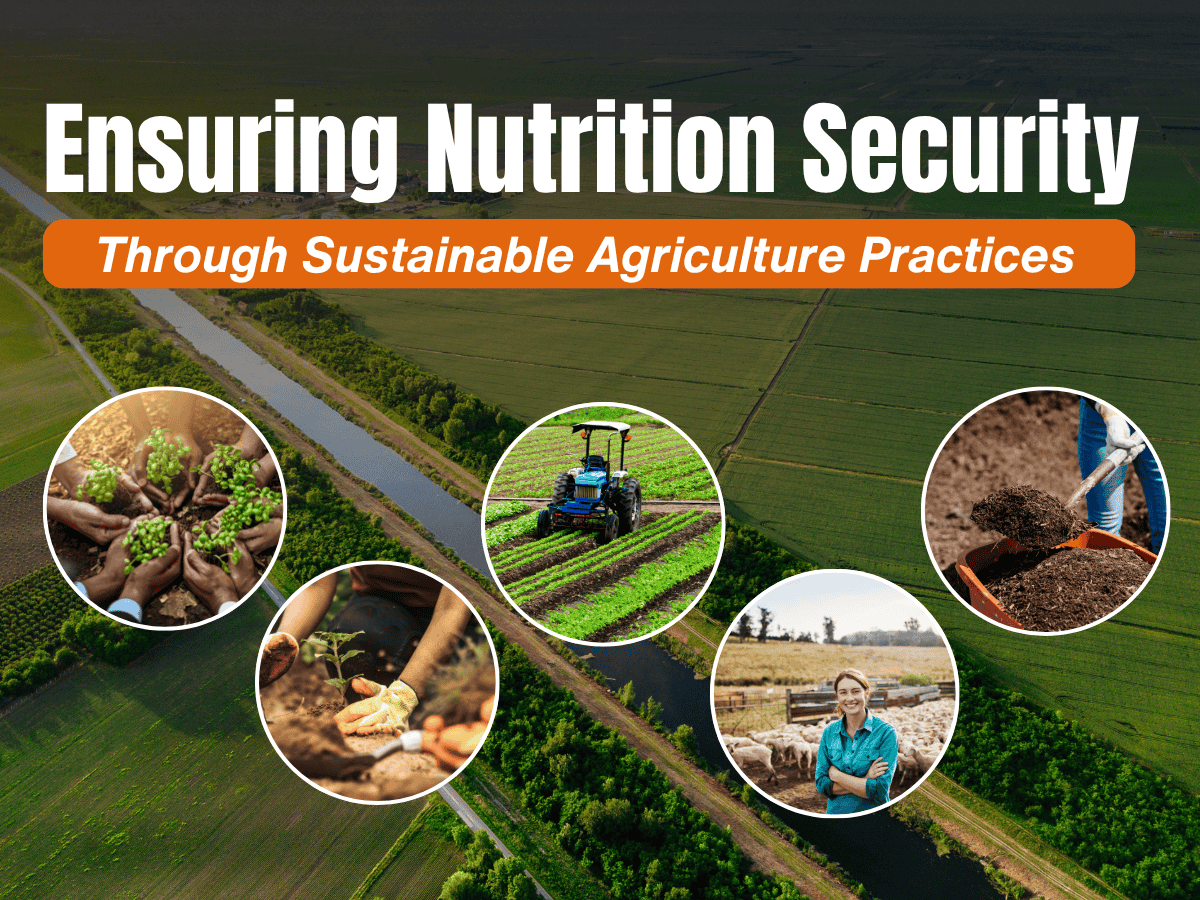ceat-speciality:blogs-tags/all,ceat-speciality:blogs-tags/agriculture
Protecting Land for Sustainable Farming
Wed, 18 Jun 2025 | PRODUCTS
As global demands on food production continue to rise, the health of our farmland has never been more important. Sustainable farming is no longer a lofty ideal—it’s an urgent necessity. And at the heart of this movement is one critical factor: protecting our agricultural land.
For CEAT Specialty, agricultural innovation is deeply rooted in environmental care. It’s not just about growing more; it's about growing better, smarter, and more responsibly.
Why Land Matters in Sustainable Farming?
Land is more than a resource—it’s a living ecosystem. Fertile soil, healthy microbial life, and balanced water retention are the unsung heroes of agriculture. But modern farming practices, unchecked urban expansion, and climate change have placed enormous stress on arable land across the globe.
Once soil is degraded, it can take centuries to recover. That’s why sustainable farming begins with protecting the land—preserving its ability to produce nutritious crops not just today, but for generations to come.
Challenges Facing Agricultural Land
The pressure on farmland isn’t just environmental—it’s economic and political, too. Urban development is swallowing up rural areas at an alarming rate. In the UK alone, thousands of hectares of farmland are lost each year to housing projects, infrastructure, and industrial development.
Add to this the threats of soil erosion, salinization, water depletion, and the overuse of chemical inputs, and it is clear why proactive land management is essential. Farmers now face the dual challenge of producing more while harming less.
Practices That Protect and Preserve
The good news? Sustainable solutions already exist—and CEAT Specialty is proud to support them through intelligent technology and tyre solutions designed for soil preservation. Here are key practices driving land protection in sustainable farming:
- Crop Rotation and Diversification: Alternating crops helps maintain nutrient balance, reduces pest cycles, and strengthens soil structure. Diverse cropping strategies also spread risk and improve resilience.
- Conservation Tillage: Reducing how often and how deeply we till helps preserve soil integrity, prevent erosion, and increase water retention. It also reduces the carbon footprint of field operations.
- Cover Crops: Planting certain crops during off-season cycles can minimize erosion, suppress weeds, and improve soil fertility without the need for heavy chemical applications.
- Organic Matter and Composting: Reintroducing organic residues into soil boosts microbial life and enhances long-term fertility without synthetic additives.
- Agroforestry and Buffer Zones: Integrating trees and shrubs around farmland not only protects against wind and water erosion but fosters biodiversity and offers secondary income sources.
Technology: A Vital Partner in Conservation
Technology is opening new doors for precision farming. At CEAT Specialty, our premium agricultural tyres reduce soil compaction and protect soil health, while ensuring maximum traction and fuel efficiency.
With the right tyres, heavy equipment can operate more responsibly—minimising the damage to soil structure and allowing for smarter, more sustainable fieldwork. It’s innovation at ground level, quite literally.
The Role of Policy and Community
Land protection requires collective action. Governments, businesses, and communities must work together to balance development with agricultural preservation. Forward-looking land-use planning, incentives for sustainable practices, and support for local farmers all play a role in creating a resilient agricultural ecosystem.
In the UK, movements toward regenerative agriculture are gaining momentum. Public interest in traceable, ethically sourced food is encouraging farms to adopt better practices. CEAT Specialty stands in support of these shifts—believing that every stakeholder has a role to play.
A Future Worth Cultivating
Protecting farmland is not just about yields or outputs. It’s about ensuring that the natural foundation of food systems remains strong and sustainable. With every field preserved, every innovation embraced, and every practice improved, we move closer to a future where agriculture thrives in harmony with the planet.
At CEAT Specialty UK, we understand the value beneath our feet—and we’re committed to protecting it. Because sustainability isn’t just a strategy—it’s a responsibility.

























